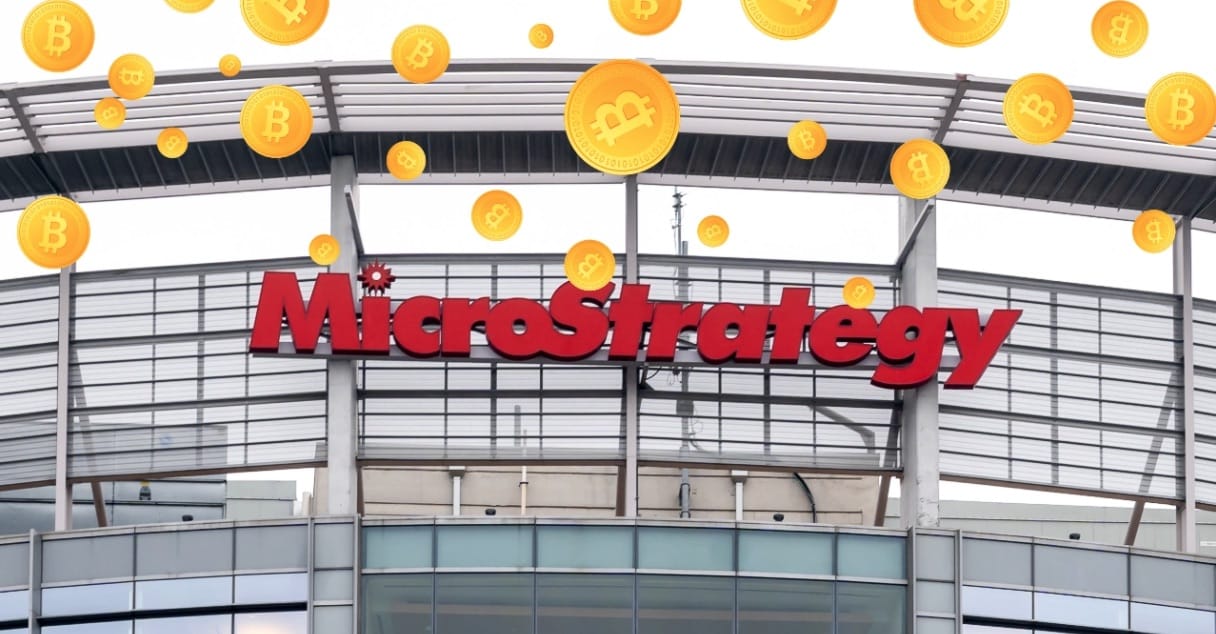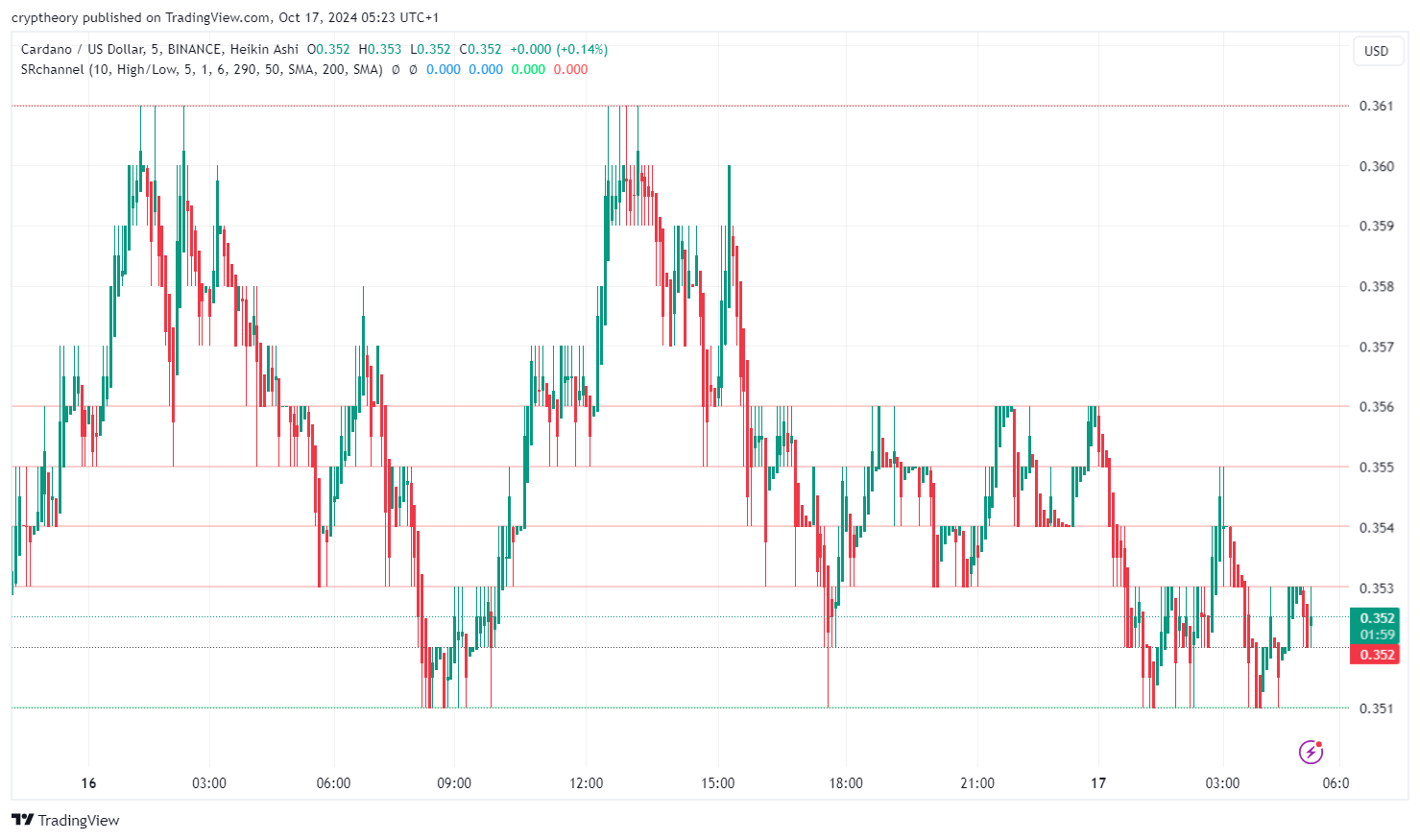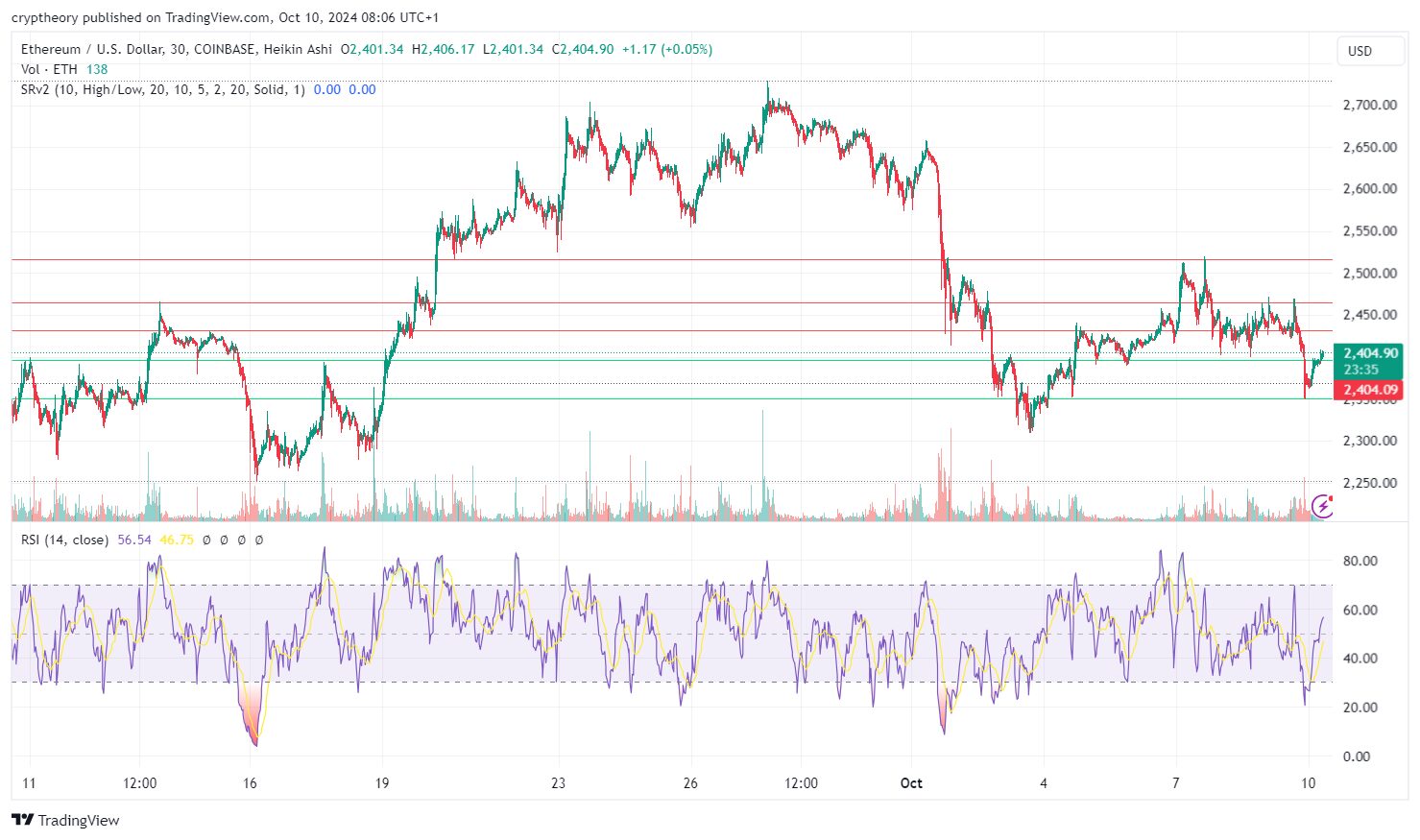The conglomerate of regulations surrounding cryptocurrencies is growing and growing. US President Joe Biden recently signed a decree to study and understand the crypto phenomenon more closely. Meanwhile, the European crypto scene had to fear for its existence due to the MiCa guidelines. Labeled as a darknet currency for too long, politicians now seem to be taking cryptocurrency issues seriously.
The half-term elections in the USA, the so-called midterms, are also all about crypto. Every two years, American citizens re-elect most of the US Congress. This is charged with legislation in the United States and consists of two distinct components. The Senate has 100 seats in Congress, while the House of Representatives has 435 seats. Meanwhile, on November 8, a third of the US Senate and the entire House of Representatives will be elected.
Experts often interpret these midterm elections as the state of mind of incumbent US politicians. The stronger party in the midterm elections should show whether the house blessing of Pennsylvania Avenue is crooked or not.
Currently, crypto is not running like a red thread through the election campaign, but like a blue thread. Because democratic candidates present themselves as particularly crypto-friendly.
BTC as legal tender
“Making BTC legal tender in the US will be my primary goal in the Senate,” stated US Democrat Bryan Solstin in one tweet. He also used this to announce his candidacy in the mid-term elections for the first time.
The politician from Seattle refers to the digital gold as “the great reset”. Shaped by the World Economic Forum, The Great Reset represents an approach that seeks to shape a fairer post-pandemic economic order.
Solstin describes BTC as just this restart of the global economy. On his website Solstin also reveals how little he thinks of altcoins: “Unlike ‘crypto’, BTC is a decentralized digital coin”. He goes on to say that “BTC is flipping the incentive from Keynesian hyperconsumption to saving and holding.”
With Crypto and NFTs to Congress
Late last year, Democrat Shrina Kurani made headlines with the first NFT drop in a US election campaign. Now the 29-year-old went for a second round and went live with another collection.
“NFTs are a great way to raise awareness of the campaign and bridge the gap between politics and crypto,” the US Senate nominee told BTC-ECHO. “We want to use our platform to promote innovation and all the opportunities that we have,” said Kurani.
While they are using the blockchain for their first project Solana worked, Kurani’s choice was now apparent Algorand. “Sustainability is at the core of what we want to achieve in Congress, and Algorand’s commitment to sustainable blockchain made the partnership a sure-fire success,” the politician said. “The financial revolution should have a positive impact on the environment, not negative”.
In addition to crypto regulations, the candidate would like to campaign for awareness of the crypto sector in the US Congress.
Rapper French Montana resolves conflict with 50 Cent and enters the metaverse






















